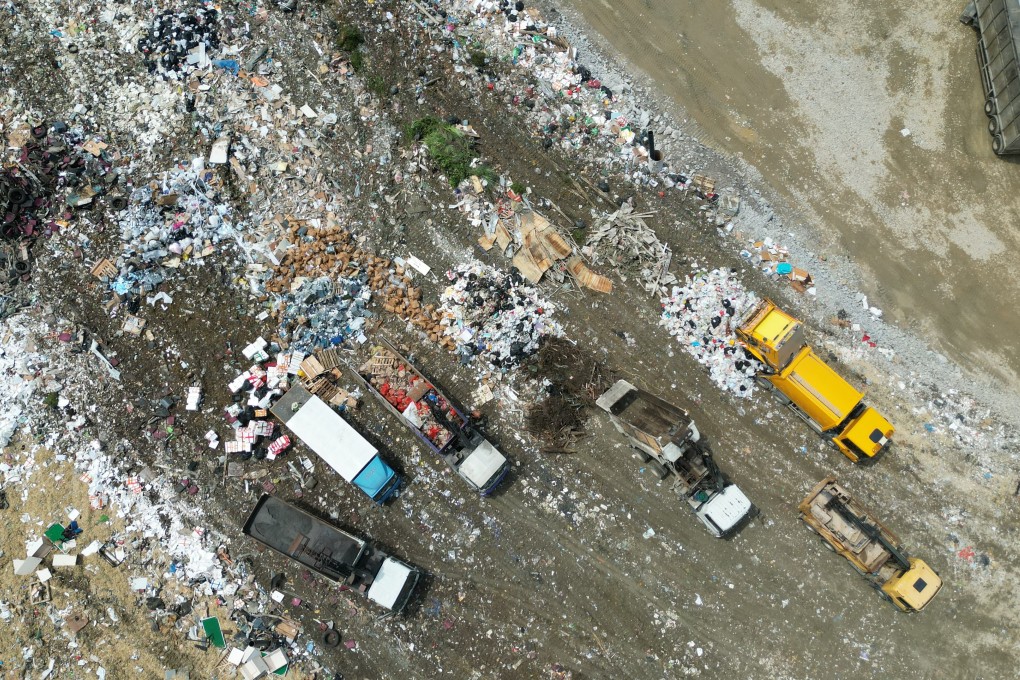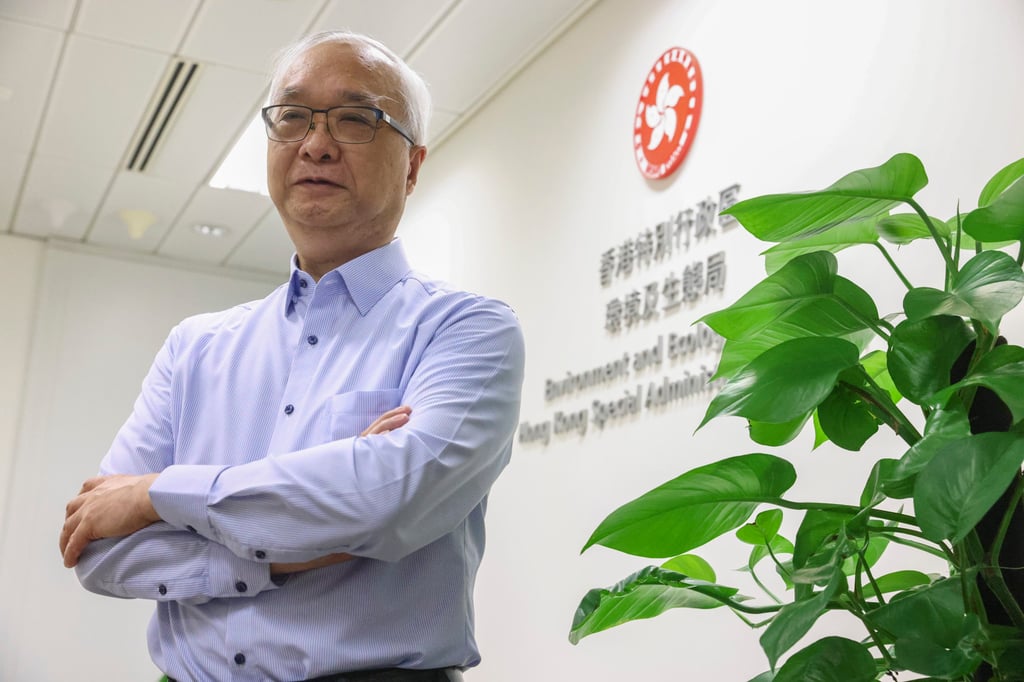Hong Kong’s environment chief confident waste-charging scheme will take effect by year-end, but green groups raise concerns over ‘lowering the bar’ to secure rubbish bag contractor
- Government will focus on education instead of punishment in hopes of inspiring behavioural change, Tse Chin-wan says
- Rule requiring 50 per cent of each plastic bag to be made from recycled materials changed to 20 per cent under new tender

A long-awaited waste-charging scheme is expected to come into force by the end of the year as planned, Hong Kong’s environment chief has said, but green groups have raised concerns over relaxations to the tender requirements for the supply of special rubbish bags.
Secretary for Environment and Ecology Tse Chin-wan on Saturday said the government would focus on publicity and education instead of punishment when implementing the scheme in the hopes of inspiring behavioural change in society.
Tse was commenting on a decision made by the Environmental Protection Department in November last year to cancel an open tender for a manufacturing contract for the rubbish bags, to be used under the scheme.

Environmental authorities explained earlier that they had found the price quoted in all of the bids to be higher than expected, so they cancelled the tender to ensure public resources would be prudently used. Some green groups predicted the cancellation would delay the scheme for at least six months.
But Tse said the contract would be offered again soon and its criteria had been modified to ensure a timely completion.
“Previously, we required [the contractor] to set up a factory in Hong Kong, which would take time. Now we have cancelled this requirement,” he told a radio programme.
“Although there will be another tender, the overall time frame should be similar. We are confident waste charging will be implemented within this year.”